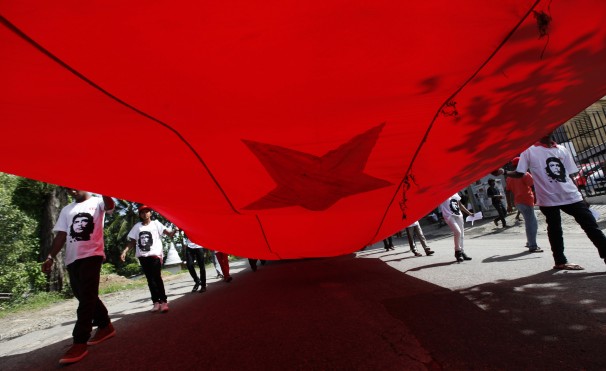
Taking notes 24: Why I am a Christian communist
by Roland Boer Often I am asked, in all manner of situations, what is your position? What is your belief? Christian communist, is my answer. I may be speaking with a group of Chinese students and specialists on Marxism, or a gathering of young anti-capitalist activists, or a room of trade-unionists, or a congress of hard-core Marxists, or indeed a group of religious believers. Inevitably, my answer produces a rain of questions. Christian and communist – are not the two poles apart? Are not communists and communist countries against religion, since it is the ‘opium of the people’? Are not … Continue reading Taking notes 24: Why I am a Christian communist






